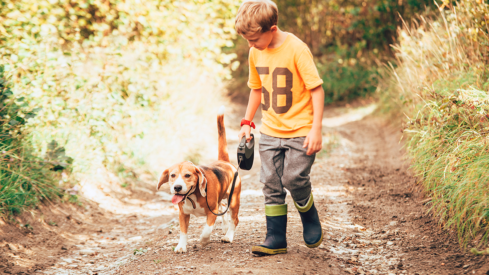Sustainable and responsible pet ownership

Balancing the benefits of pets in society with sustainable, responsible pet ownership and care is a responsibility, not only of pet owners, but of a variety of stakeholders such as veterinarians, pet food producers, governments and educators.
Different roles of dogs and cats
Dogs and cats play many useful roles in 21st century society. Cats, for example, are kept both as pets and for their fabled pest control abil…
Did you think it would be this easy? Nope! Just register. It’s free! Lorem ipsum dolor sit amet, consectetur adipiscing elit. Ut cursus turpis vel cursus ullamcorper. Sed ante mi, finibus eget porttitor a, tincidunt ac dolor. Vivamus ornare semper lorem, consequat commodo lectus elementum vitae. Cras id mattis urna. Donec rutrum dignissim lacinia. Duis ultricies sapien at ipsum tincidunt.
Sed in iaculis elit, sit amet convallis felis. Pellentesque non justo lectus. Donec sollicitudin lorem in sapien euismod varius at vitae mi. Maecenas ut elit ac risus consectetur vulputate. Praesent vel orci ante. Curabitur egestas dapibus nisi ac laoreet. Nullam a lacinia libero, non fringilla nisl.
You’re out of free articles,
register for unlimited access
